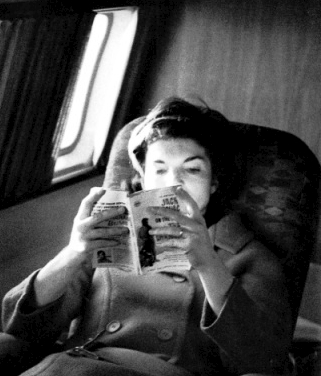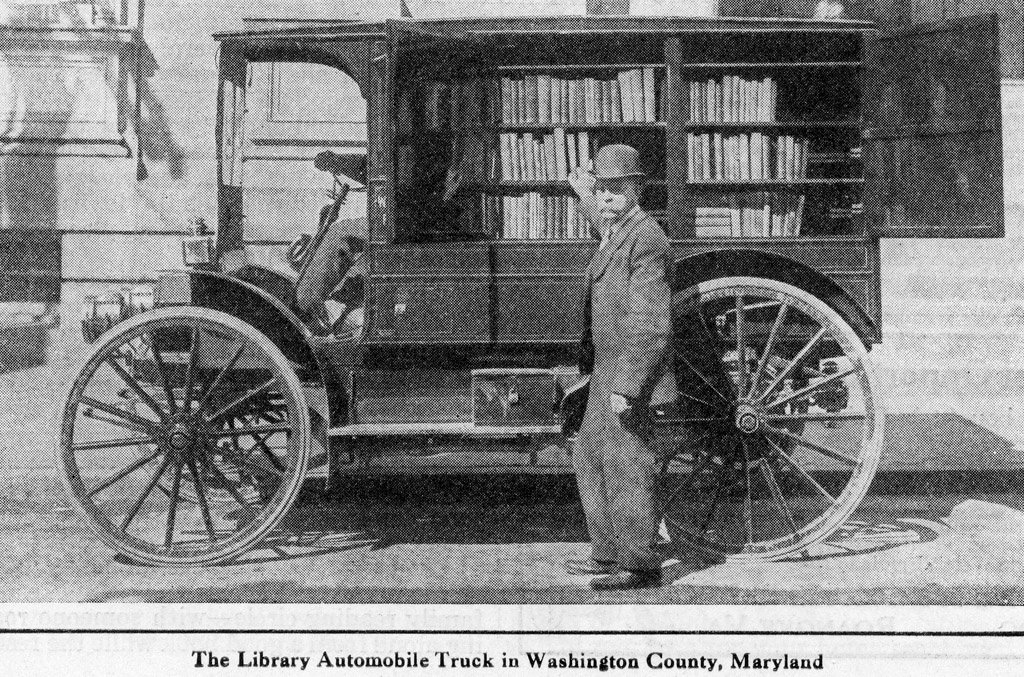Why hasn’t someone like myself who loves books–reading them, not collecting them–yet switched to a Kindle? I don’t quite know because despite having issues with Amazon’s impact on the pricing of digital books and what that means for the future of publishing, I’m awed the company has made it possible to easily carry a universal library anywhere in the world. That’s amazing, though it would seem, no sufficiently so for me to “go electric.”
While Bezos’ e-reader can hold everything from Henry James to the King James Bible, Craig Mod is losing his religion in the tool. In an Aeon essay, the writer explains he grew disenchanted (unconsciously, at first) with the Kindle’s lack of development, how the device which seemed poised to surpass the experience of paper reading, has instead become complacent the way monopolies often do. Virtual books were going to have a tough time competing with the physical kind in terms of sheer beauty, but so far they trail in key ways even in functionality. As Mod writes, Amazon’s dominance has made for an isolated infrastructure and the “closed nature of digital book ecosystems hurts designers and reader.”
An excerpt:
In the past two years, something unexpected happened: I lost the faith. Gradually at first and then undeniably, I stopped buying digital books. I realised this only a few months ago, when taking stock of my library, both digital and physical. Physical books – most of all, works of literary fiction – I continue to acquire voraciously. I split my time between New York and Tokyo, and know that with each New York trip I’ll pick up a dozen or more volumes from bookstores or friends. My favourite gifts, to give and to receive, are still physical books. The allure of the curated front tables at McNally Jackson or Three Lives and Company is too much to resist.
The great irony, of course, is that I’ve never read more digitally in my life. Each day, I spend hours reading on my iPhone – news articles, blog posts and essays. Short to mid-length content feels indigenous to the size, resolution and use cases of smartphones, and many online publications (such as this very site) display their content with beautiful typography and layouts that render consistently on any computer, tablet or smartphone. Phones also allow us to share articles with minimal effort. The easy romance between our smartphones and short-to-mid-length articles and video is part of the reason why venture capitalists have poured hundreds of millions of dollars into New York publishing upstarts such as Vox, Vice and Buzzfeed. The smartphone coupled with the open web creates a near-perfect container for distributing journalism at a grand scale.
But what of digital books? What accounts for my unconscious migration back to print?•



